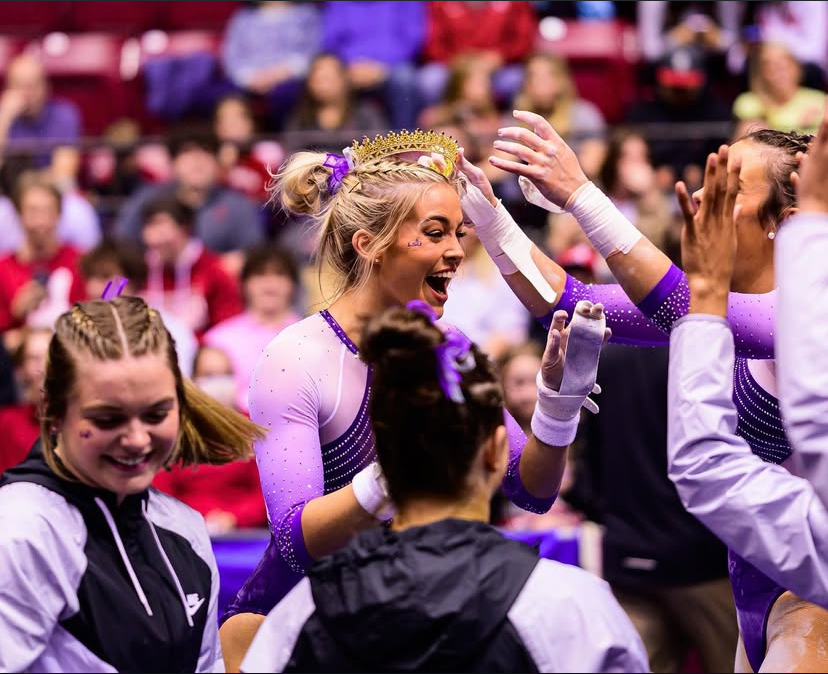In 776 B.C., the Greeks hosted the first official Olympic Games. The event took place in Southern Greece every four years in honor of the Greek God Zeus, whom athletes would worship and leave gifts to as thanks for their athletic successes. Even during fights, dueling city-states declared truces so their athletes could participate in the Olympics.
Fast forward 3,000 years later, and Paris is hosting the 2024 Summer Olympics, this time with a new incentive to spice up the competition. This summer, Olympic track and field champions will take home a gold medal and a cash prize of $50,000 for the first time in history. The prize money comes from the International Olympic Committee (IOC), which brings in billions of dollars in revenue from broadcasting deals and other sponsorships. The IOC then distributes millions yearly to international sporting federations and the national Olympic committees. The payments would financially support these Olympic athletes and promote the growth and development of track and field.
With clear-cut traditions dating back 3,000 years, it’s these practices that make the Olympics what they are. The IOC should not be paying Olympic gold medalists to do something they love.
As athletes perform, a rush of love and dedication to the sport should be their motivation to keep performing. That commitment is evident to viewers who idolize these medalists and strive to achieve the same greatness. However, incorporating payment into the Games completely undermines the idea that athletes compete for the love of their sport. Selected elite athletes should enter the games to represent their country and play the sport they love, and not for any other reason.
A financial variable in the Olympics could have a significant impact on athlete motivation. A study conducted by Frontiers in Psychology found that financial awards were a significant factor contributing to anxiety in football players. The players who were being paid became more concerned about the economic consequences of losing than the team advancement that would be at risk.
With the influence of payment, athletes shift their focus and lose some of their passion for playing their sport, ultimately shifting the overall atmosphere of the Olympics. As national flags are draped across athletes’ backs and a shiny gold medal gets placed around their necks, the thought of how many thousands of dollars they could make should not be at the forefront of athletes’ minds. By gaining the opportunity to compete in one of the biggest athletic events in the world, each athlete should feel as if this moment is priceless.
Paying individual Olympic athletes for their victories pollutes the overall image these athletes present to the public, particularly to younger audiences. The new incentive may allow young aspiring athletes to see money as a primary motivator to reach the Olympics.
The break from tradition did not sit well with the Association of Summer Olympic Committee (ASOIF), which criticized the move in a statement given April 19th.
“For many, this move undermines the values of Olympism and the uniqueness of the games,” the ASOIF said.
Although being an athlete can be considered a full-time job requiring payment due to the endless hours of training and dedication, the Olympics is a time for an elite athlete to represent their country rather than use the Games as an avenue for financial gain.
Even though these athletes put in hours of training and dedication to compete at the Olympic level, the Games should consider other forms of compensating athletes that don’t create unnecessary incentives that ruin the culture of the games.
As the Summer 2024 Olympics begin in late June, the world will watch as the athletes compete for the gold and green paper, and one can only hope that the historic value the Olympics have promoted for thousands of years is preserved.




















John Doe • Sep 7, 2024 at 8:04 pm
This is probably one of the worst, most entitled, rich Bethesda kid takes I’ve ever seen. These Olympians work their entire lives to get to the Olympics and they live and die for these medals. A lot of the Olympians don’t have national committees that fund everything for them like Team USA doesn’t, and rely on the prize money that they earn and work hard for to pay their travel expenses, their coaches, their physios, and the myriad other expenses that go into becoming a world champion athlete. But of course, the author wouldn’t know anything about that since daddy’s money pays for all of the youth sports leagues or whatever else Bethesda kids do.